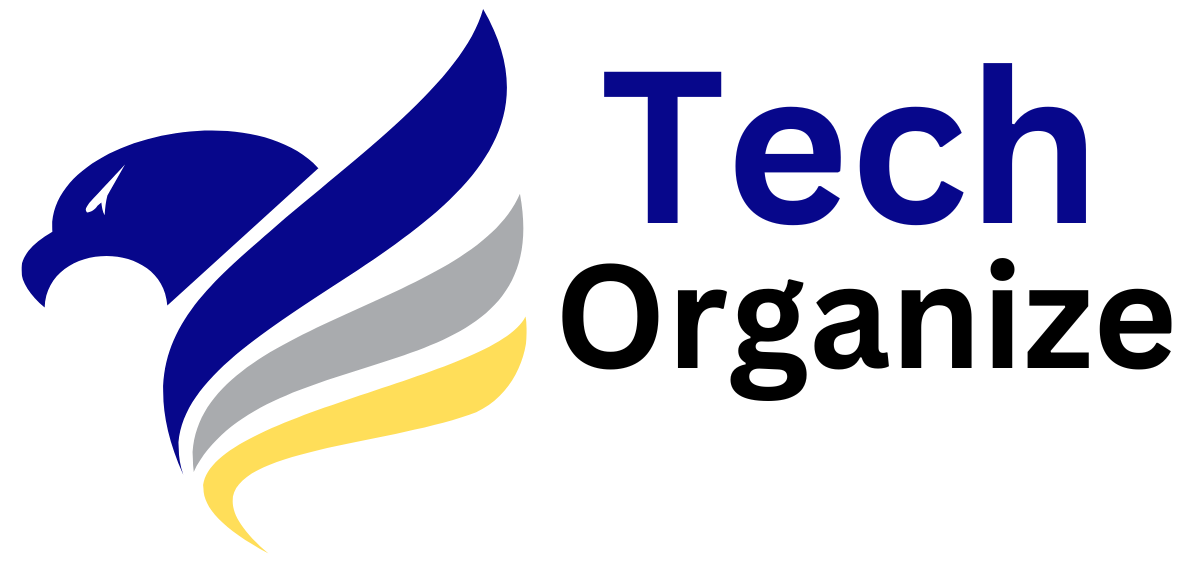A UN committee has approved the first global treaty on cybercrime, despite opposition from human rights groups and a coalition of technology companies.
The treaty was adopted by consensus after three years of negotiations, but will have to go through a General Assembly vote in the fall. It needs to be ratified by 40 states.
It establishes “a global criminal justice policy” to protect society from cybercrime, “increasing international cooperation”, as it says.
It requires UN member states to enact legislation that would make it illegal to break into an information and communication system to which people do not have authorized access.
It also calls on states to make it illegal to produce or sell sexual content of children online, protect children from online predators and prevent the “business” of child abuse. The treaty covers device abuse and computer-related counterfeiting or theft.
At the same time, there is an appeal to the laws against deepfake and revenge porn, which is distributed online without the consent of the adults involved.
To assess these crimes, the treaty allows states to “collect or record” data relevant to a conviction and “oblige” service providers to provide incriminating information or documents.
The vote came after efforts by some states to make last-minute changes to the draft treaty.
Some media reported that Russia, which started the drafting process in 2017, noted that the treaty contained too many human rights safeguards and accused countries of promoting their interests through the treaty.
The last time the UN passed a protocol on cybercrime was in 2001 with the Budapest Convention, but many countries have not signed this document.
The treaty does not have the support of some human rights organizations, including the Office of the UN High Commissioner for Human Rights (OHCHR).
The OHCHR said negotiators should ensure that the Cybercrime Convention is consistent with what already exists in international law and that they should limit the list of criminal offenses so that fundamental rights such as freedom of expression do not are unaffected.

